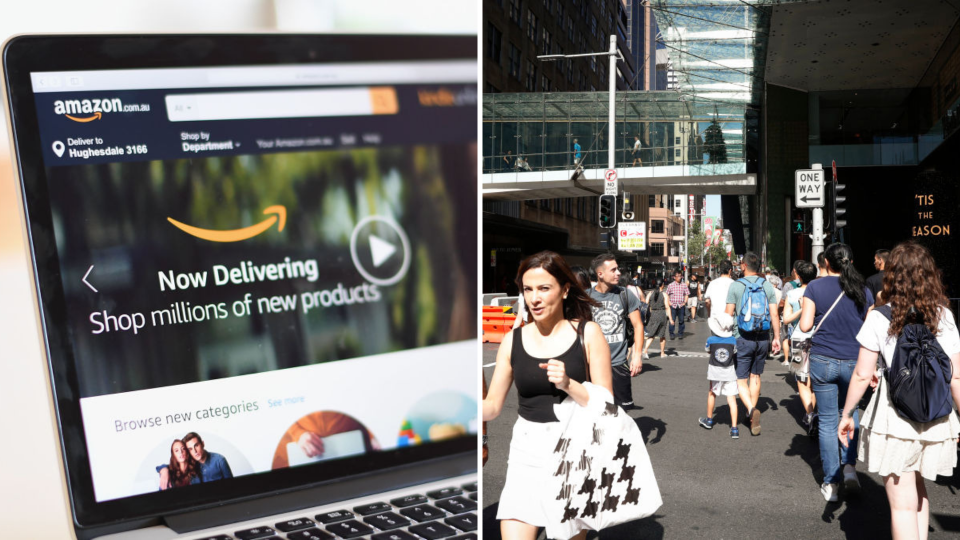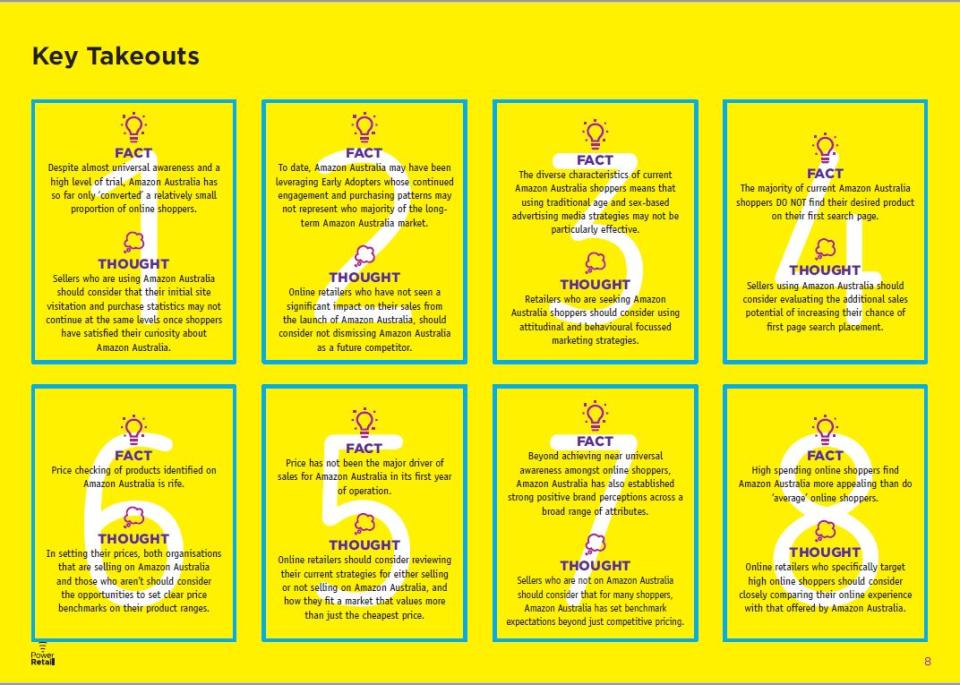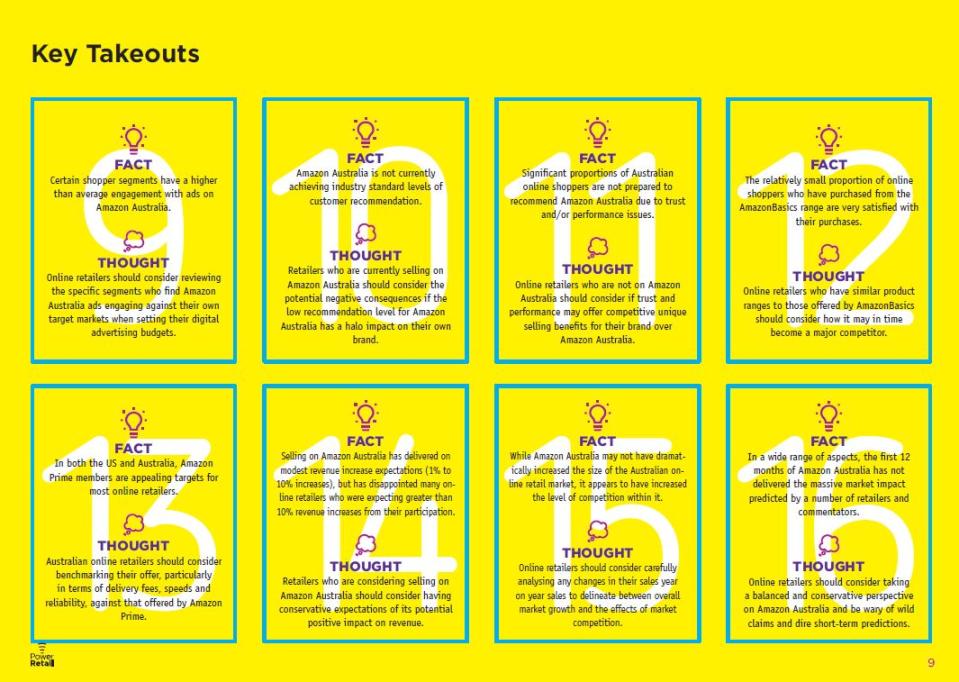This is exactly how much damage Amazon Australia has done to Aussie retail

It’s been just over a year since Amazon Australia set up shop on Aussie soil in December 2017, striking fear into an already-languishing retail sector.
Since then, it’s true that a slew of local retailers have shuttered their doors, citing high rental costs and a failure to keep up with competition.
But how much of that has been Amazon’s direct doing?
Many attribute the closure of several Australian retailers, including Napoleon Perdis just yesterday, to high rental costs and the failure to stay competitive with other local and global brands that have established strong online presences like Amazon.
What’s the damage?
According to new research by Power Retail, it turns out that the shockwaves the online giant sent through the retail sector are far less damaging than initial fears might suggest.
Indeed, almost all Aussie online shoppers (98 per cent) are aware of Amazon Australia, and most (78 per cent) have had a look at the website.
But only three in 10 (31 per cent) have bought anything, and only a small minority (6 per cent) have become engaged or repeat Amazon Australia shoppers.
And among Amazon Australia shoppers, the majority (68 per cent) don’t think it’s the cheapest option; and less than half (42 per cent) think the site has unique products not found anywhere else – despite its millions of products.
To top it off, the online giant seems to be rather unpopular among Aussies, with an awful Net Promoter score (a widely recognised measure of customer recommendation) of -7. The industry standard for the Australian retail category is 35.
Essentially, Amazon hasn’t stolen customers from online retailers en masse as some expected.
“Amazon’s launch in Australia was met with mixed reactions,” Power Retail managing director Grant Arnott pointed out, describing the launch as a “fizzer”.
“The idea that Amazon would drop out of the sky like an alien invasion force and obliterate our retail industry instantly was ludicrous, of course.”
Rather, the fears surrounding the impact of Amazon are best justified in what could be put down to a ‘cyclical effect’ it has created, where customers aren’t necessarily converted to the online site but have become more discerning, informed and willing to shop around for good prices.
“Amazon’s impact on the market isn’t just about retailers, it’s about the new breed of … sophisticated and highly demanding online shoppers spawned in the Amazon era.
“The cyclical effect of this is that Amazon, while creating these demanding consumers, continues to evolve, increasing the expectations of its customer and by default, increasing the level of competition amongst retailers (thereby lifting the benchmark again and continuing the cycle),” Arnott said.
“This sounds the warning bell for all retailers.”
This is what the retail industry should actually know about Amazon:


Make your money work with Yahoo Finance’s daily newsletter. Sign up here and stay on top of the latest money, news and tech news.
Now read: Are website names the new real estate?
Now read: ‘I made $20K on Airtasker’: How seniors are redefining retirement
Now read: 12 trends that will shake Australian banking in 2019

 Yahoo Finance
Yahoo Finance 
